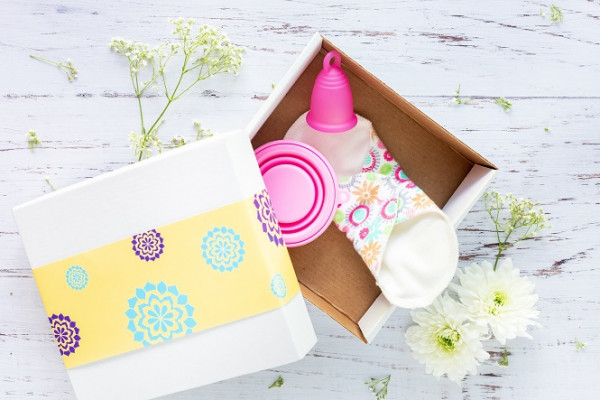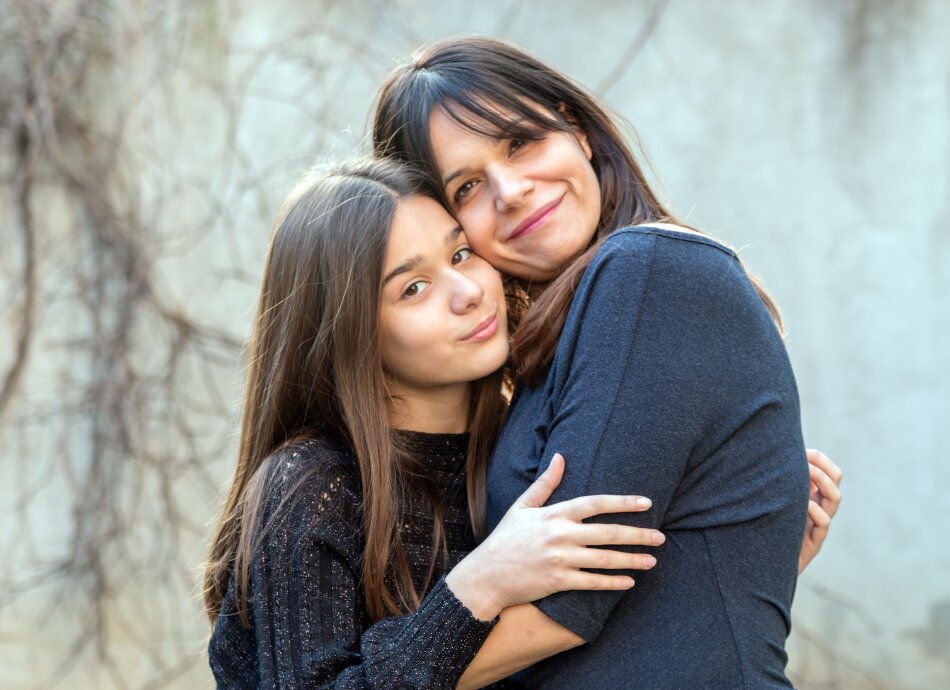Knowledge is power and providing the facts about periods will empower your child to feel confident and make well informed decisions about their body.
1. Start the conversation early
Talk to your child in an age-appropriate way about periods from a young age. Look for opportunities if the topic comes up naturally in conversation. As they get older you can go into more detail in a way that’s suitable for their age and have more focussed discussions.
2. Be period positive
Be a positive role model when it comes to periods. Avoid talking about periods in a negative way and try to normalise them by explaining they are a normal, natural part of life.
3. Teach anatomy
Make sure you child knows the correct name for body parts and teach them the anatomy of their body so they understand what’s happening and where it’s happening in their body.
4. Explain the facts
Explain to your child what periods are, why they happen, how often they happen, how long they last and what PMS (premenstrual tension) is. The more fact-based information they have, the better they are able to make good, healthy choices and take care of contraceptive needs as well. There are lots of good resources online about periods to help you. You can also ask a trusted family member or healthcare professional to talk about the topic, too. Many schools also have puberty programmes where they talk to the kids about periods and other changes that happen.
5. Talk about period products
Explore different period products together such as tampons, pads, menstrual cups and period underwear and explain how they work. Let your child be involved in deciding which product or products they’d like to use or try. The government has recently rolled out a programme providing free period products(external link) in most schools around the country.

Image credit: Pexels
6. Promote hygiene
Teach your child/adolescent the importance of hygiene when menstruating, ie showering daily. Also show them how to dispose of their period products properly, for example, wrap used pads in toilet paper and put them in the rubbish bin (not down the toilet). Remember to talk to them about toxic shock syndrome and what they can do to reduce the risk, ie, wash their hands thoroughly before and after changing their tampon and don’t leave their tampon in too long.
7. Be prepared
Show your child how to keep a record of period cycles by marking it on the calendar, on their phone or a period tracking app. A period cycle is around 28 days from day one of their period so knowing when it’s due can help them be prepared. Having period products in a bag or stored somewhere means they won’t be caught short.
8. Talk to other family members
Have a conversation with other family members about menstruating and what it means so they armed with the facts and have a better understanding of periods.
9. Be honest
Be as honest as you can be when talking about periods. Answer questions honestly and keep the lines of communication open so your kids feel like they can come to you if they have any questions.






